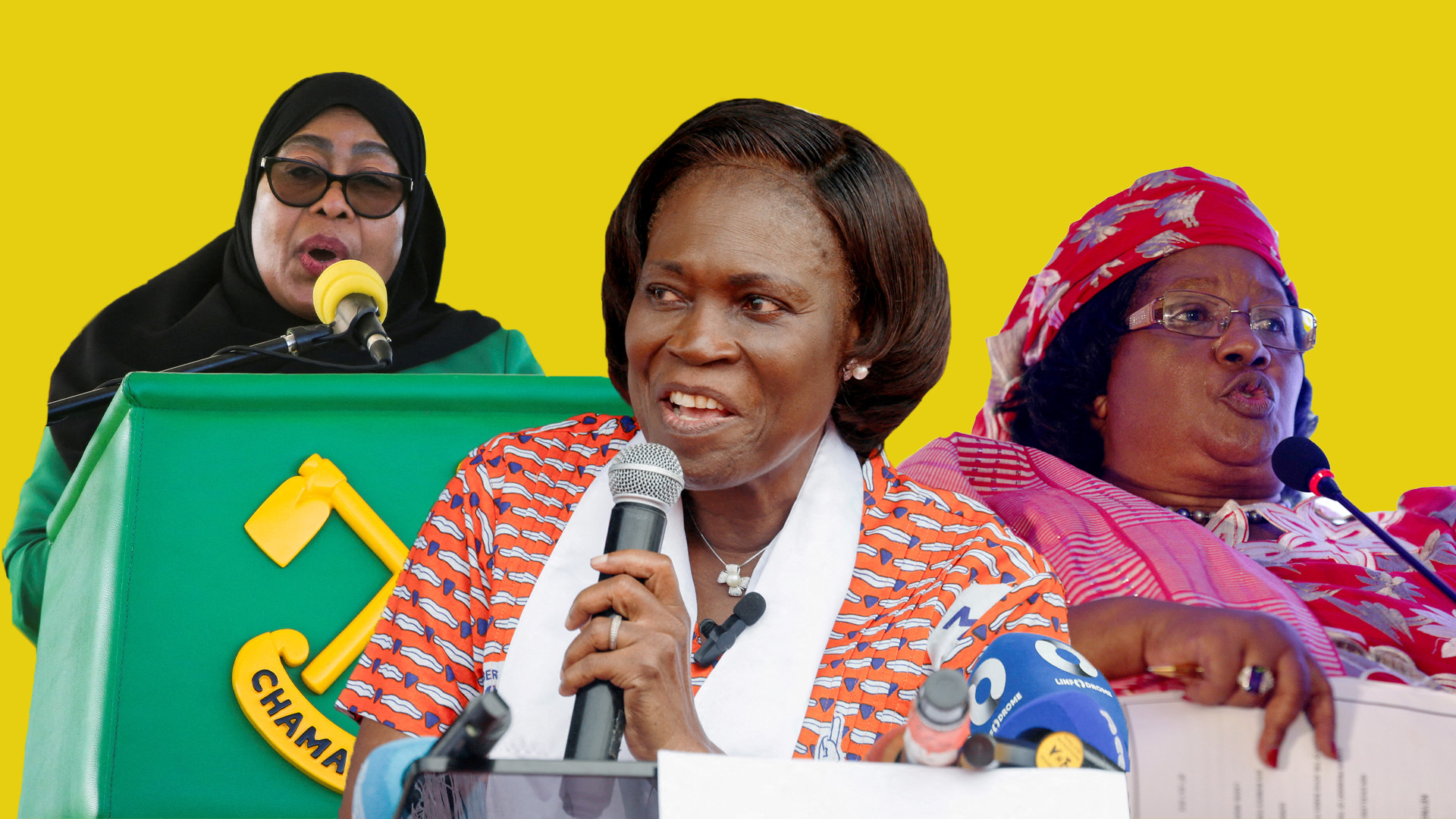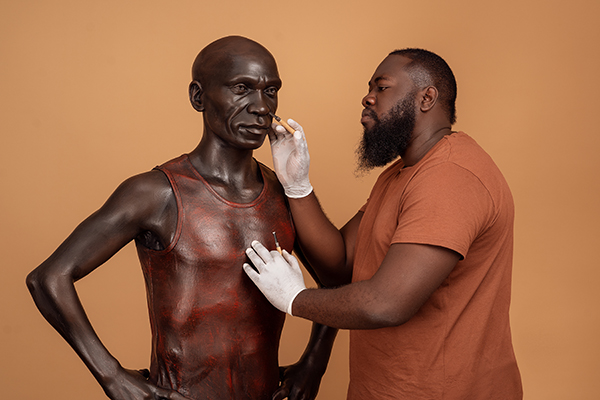Counterfeit and fake luxury goods on the rise online
Counterfeit and fake luxury goods are on the rise on the online market with common social media platforms such as Facebook, Amazon, Google, Alibaba and Instagram being used by criminals to attract consumers, showcase and sell their illicit wares according to a World Economic Forum (WEF) report.
WEF conducted a research identified over 20,000 Instagram account with over 14 million photos of counterfeit products. According to the research at least 20 percent of Instagram posts relating to fashion and brands featured illicit and counterfeit items; a trend that applies to most mobile social platform.
Social media specifically Instagram is an important link in the complex chain of the Internet’s counterfeit economy, which costs the luxury goods sector 29 billion dollars each year according to the research.
“Instagram is becoming very popular, and luxury companies are investing in it seriously… So, if real companies are getting results in terms of visibility, and probably profits, illegal companies just follow the trend.” said Andrea Stroppa, a World Economic Forum security researcher and writer for the report to the Washington Post
Buyers browsing for either real or fake goods can easily locate and contact buyers via email or encrypted messaging apps such as WhatsApp or WeChat and then pay using a third-party online payment sites such as PayPal.
Chanel, Prada, Louis Vuitton, Fendi and Rolex are the brands that have been most affected by these counterfeit products.
Google and WeChat blocked 18,000 and 7000 “suspicious” accounts respectively.
“Platforms such as Alibaba, Facebook and WeChat still lag behind in their ability to effectively fight and prevent online counterfeit practices. To be fair, much larger companies, including Google, Amazon, Paypal and JB.com, are having better results in this context – but it is still not enough.” Said the WEF report
“We have a strong incentive to aggressively remove counterfeit content and block the individuals responsible from out platform,” said an Instagram spokesperson to WP
Complaints about the sale of knock-off goods on the popular social networking site, Facebook, have soared 400 per cent since 2010 reports The Mirror. Further starting that more than 200 warning letters were issued and dozens of cease and desist letters were delivered to the homes of offenders using Facebook to peddle their illegal wares in the UK.
Tech platforms and governments need to work together to curb the multifaceted system enabling the international counterfeit market.







